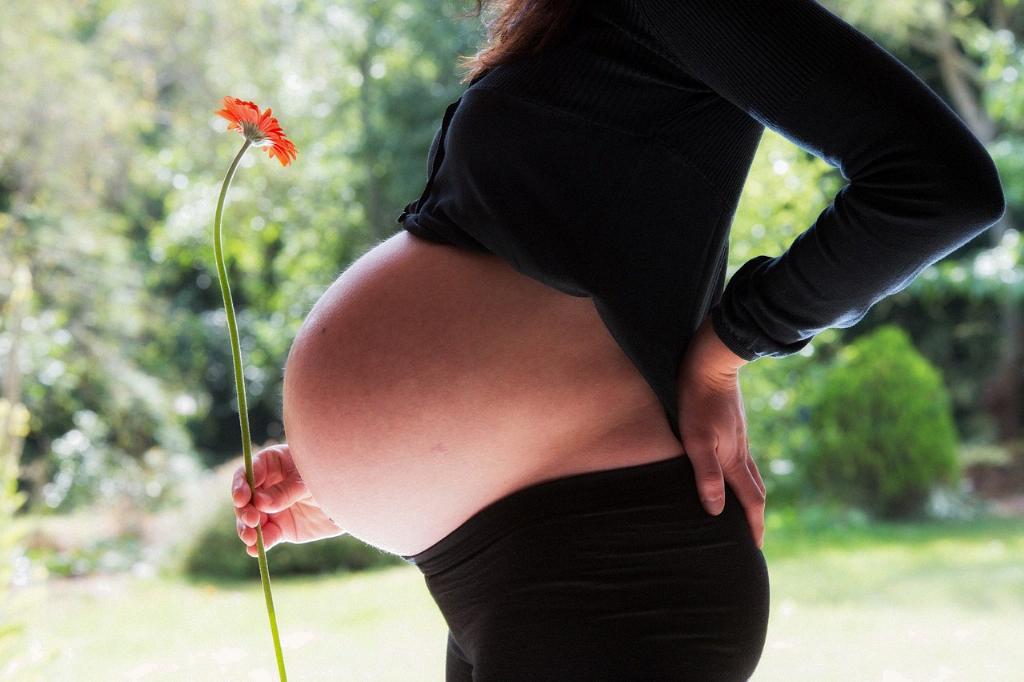Bringing a new life into this world is undoubtedly a beautiful miracle, but it comes with its share of responsibilities and concerns. One of the most important considerations during pregnancy is preventing birth defects. Although not all birth defects can be avoided, there are proactive steps you can take to minimize the risks and increase the chances of a healthy baby.
First and foremost, it is crucial to prioritize your prenatal health. This means consulting with your healthcare provider before conception to ensure you are in optimal health to support a pregnancy. Once pregnant, begin taking a prenatal vitamin that includes folic acid, a key nutrient known to reduce the risk of birth defects such as neural tube defects.
Avoiding harmful substances is another critical aspect of reducing the chances of birth defects. This includes abstaining from alcohol, tobacco, and illegal drugs, as these substances can have detrimental effects on fetal development. By steering clear of these substances, you are safeguarding your baby’s health and well-being.
Being aware of any preexisting or current health conditions is also paramount in reducing the risk of birth defects. Certain medical conditions, such as diabetes or high blood pressure, can increase the likelihood of complications during pregnancy. By managing these conditions effectively with the guidance of your healthcare provider, you can minimize potential risks to your baby.
Focusing on a healthy lifestyle is key to promoting a healthy pregnancy and reducing the chances of birth defects. Eating a balanced diet rich in nutrients, staying physically active within safe limits, and maintaining a healthy weight can all contribute to a positive pregnancy outcome. Remember, your lifestyle choices directly impact your baby’s development.
Regular prenatal care plays a crucial role in reducing the risk of birth defects. Attending all scheduled prenatal appointments allows your healthcare provider to monitor your baby’s growth and development closely. Any potential issues can be identified early on and managed effectively, increasing the likelihood of a healthy pregnancy.
Genetic counseling can be a valuable resource for couples with a family history of genetic disorders. By undergoing genetic testing and counseling, you can gain valuable insights into the risk of passing on genetic conditions to your baby. Armed with this information, you and your partner can make informed decisions about your pregnancy.
Environmental factors can also impact fetal development and increase the risk of birth defects. Minimize exposure to harmful substances such as lead, mercury, and pesticides to create a safe environment for your baby to grow. Additionally, be cautious when using medications and consult your healthcare provider before taking any new medications during pregnancy.
Emotional well-being is just as important as physical health during pregnancy. High levels of stress can have adverse effects on pregnancy outcomes, including an increased risk of birth defects. Take time to practice relaxation techniques, seek support from loved ones, and prioritize self-care to manage stress and promote a positive emotional state.
Educating yourself about pregnancy and birth defects can empower you to make informed decisions throughout your pregnancy journey. Stay informed about the latest research and guidelines related to prenatal health, and don’t hesitate to ask your healthcare provider any questions or concerns you may have. Knowledge is a powerful tool in promoting a healthy pregnancy.
Preparing for parenthood involves not only physical preparations but also emotional readiness. Joining a prenatal class, connecting with other expectant parents, and building a support network can help you navigate the challenges of pregnancy and childbirth with confidence. Being surrounded by a supportive community can make a significant difference in your pregnancy experience.
Ultimately, reducing the chances of birth defects requires a holistic approach that encompasses various aspects of prenatal health and well-being. By prioritizing your health, avoiding harmful substances, seeking medical guidance, maintaining a healthy lifestyle, and fostering emotional well-being, you can enhance the likelihood of a healthy pregnancy and give your baby the best start in life.

